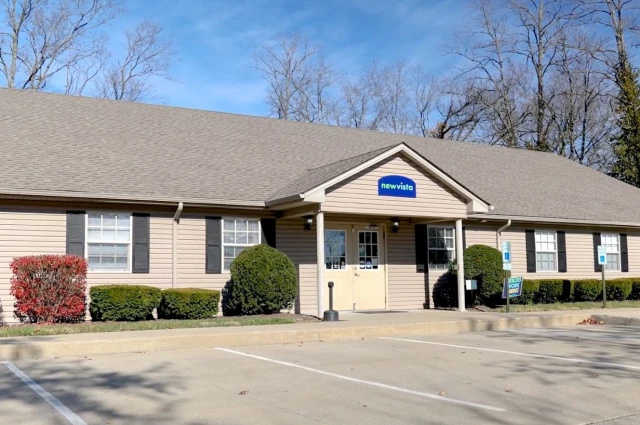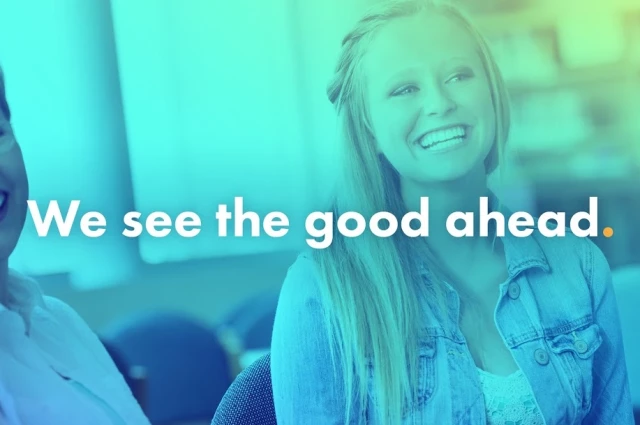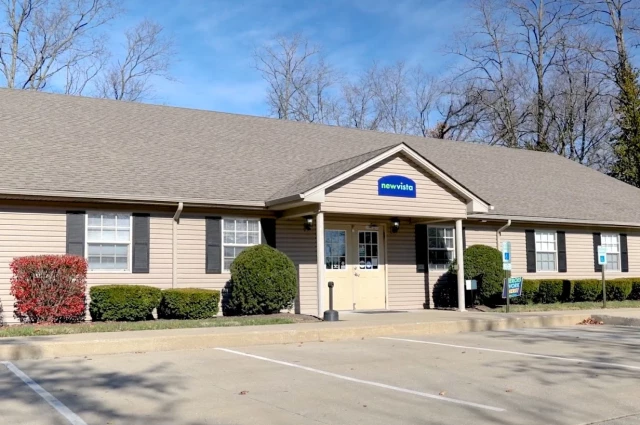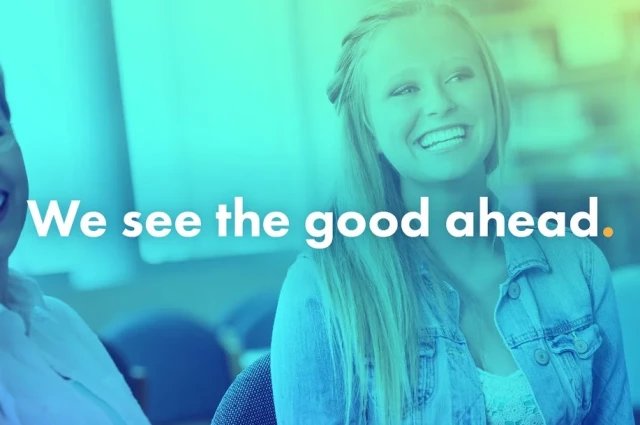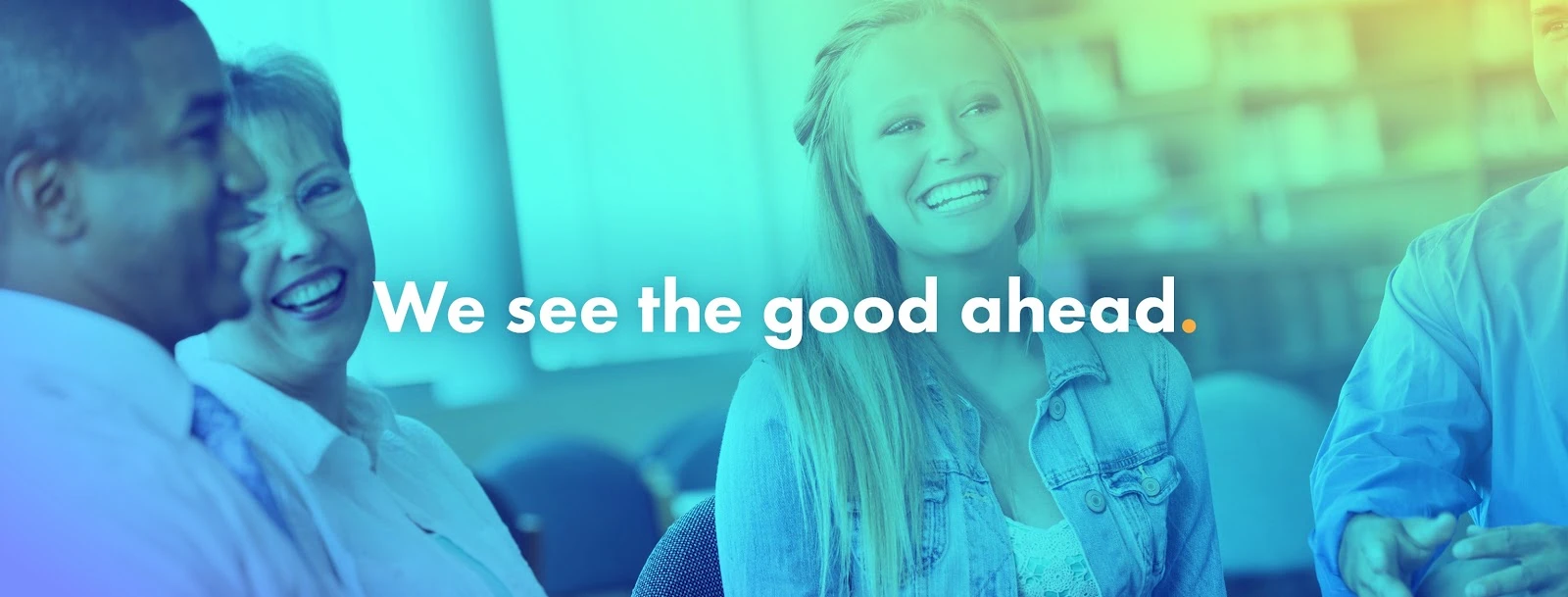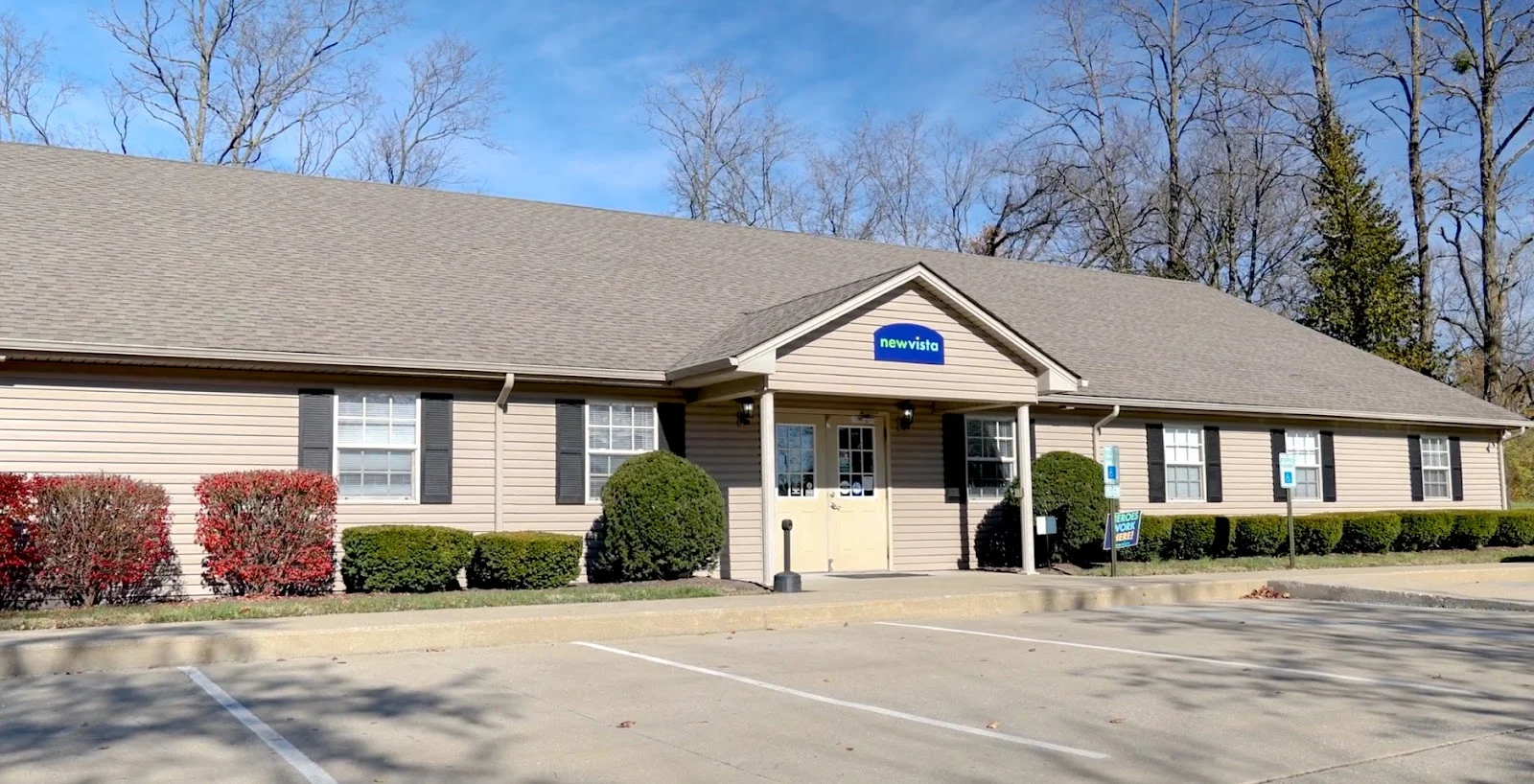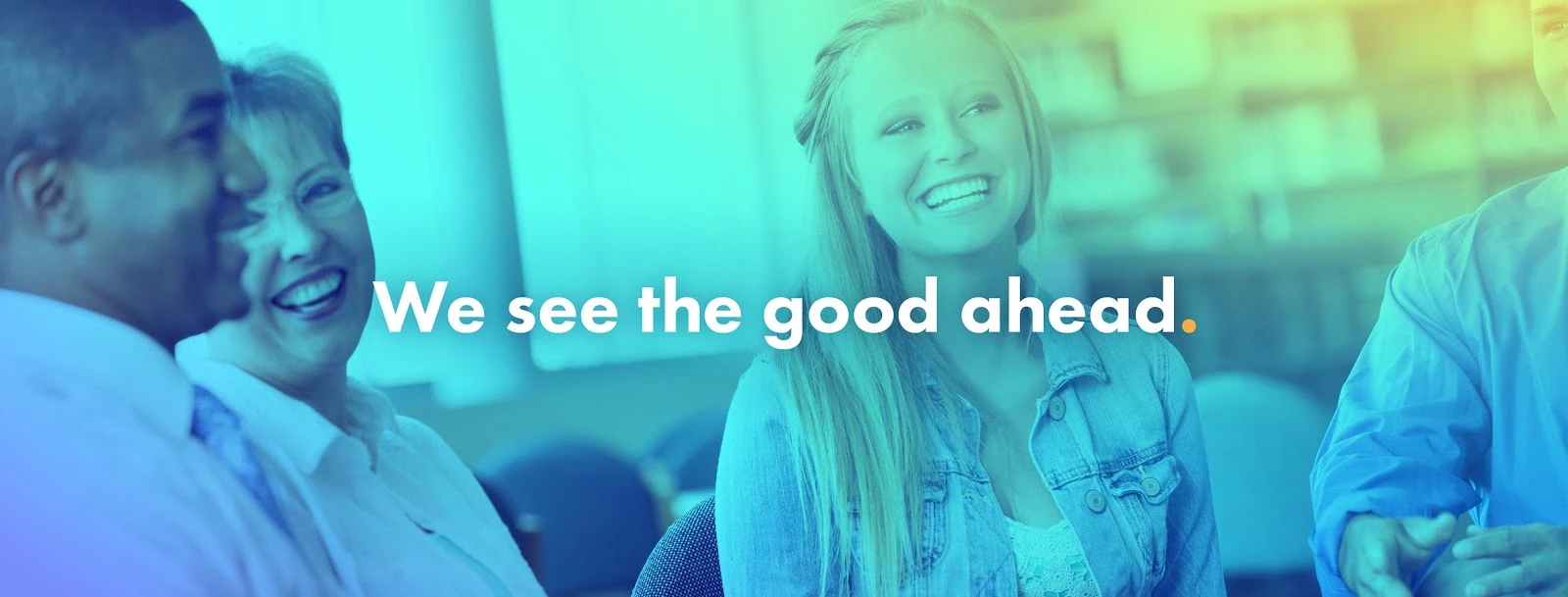New Vista Information
Treatment
Who We Treat
- Children
- Teens / Adolescents
- Young Adults (18–25)
- Adults
- Seniors/Older Adults
- Adolescents
- Older Adults
- Male and Female
Approaches
- Family Therapy
- Group Therapy
- Cognitive Behavioral Therapy (CBT)
- Dialectical Behavior Therapy (DBT)
- 1-on-1 Counseling
- Online Therapy
- Life Skills Training
- Relapse Prevention Counseling
Conditions We Treat
- Gambling
- Co-Occurring Disorders
Languages
- English
Aftercare
- Outpatient Treatment
- Intensive Outpatient Program
- Continuing Care
- Support Meetings
Level of Care
- Outpatient
- Aftercare/Continuing Care
Experience
Smoking and Vaping Policy
- Smoking Allowed in Designated Areas
- Vaping Not Allowed
Accreditations
-
State mental health department
State mental health department accreditation refers to the process of evaluating and certifying the quality and standards of a state's mental health department, ensuring that it provides high-quality services and meets specific criteria for mental health care. The accreditation process is performed by a third-party organization and helps to improve the overall care and treatment of individuals with mental health conditions.
-
The Joint Commission
The Joint Commission accreditation signifies that a facility has met rigorous standards of excellence in patient care, treatment, and safety. It assures individuals and healthcare professionals that the accredited facility provides high-quality, evidence-based care for addiction and mental health issues, fostering trust and confidence in their services.

New Vista Accepts The Following Insurance Plans
Find the best treatment options. Call our free and confidential helpline today!
